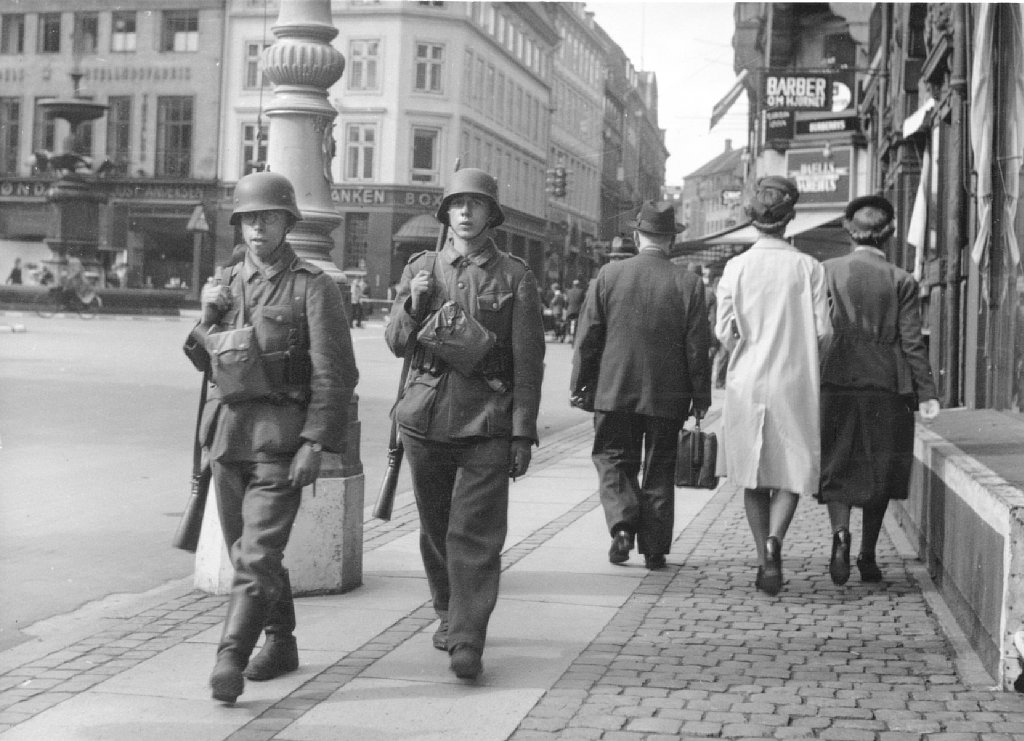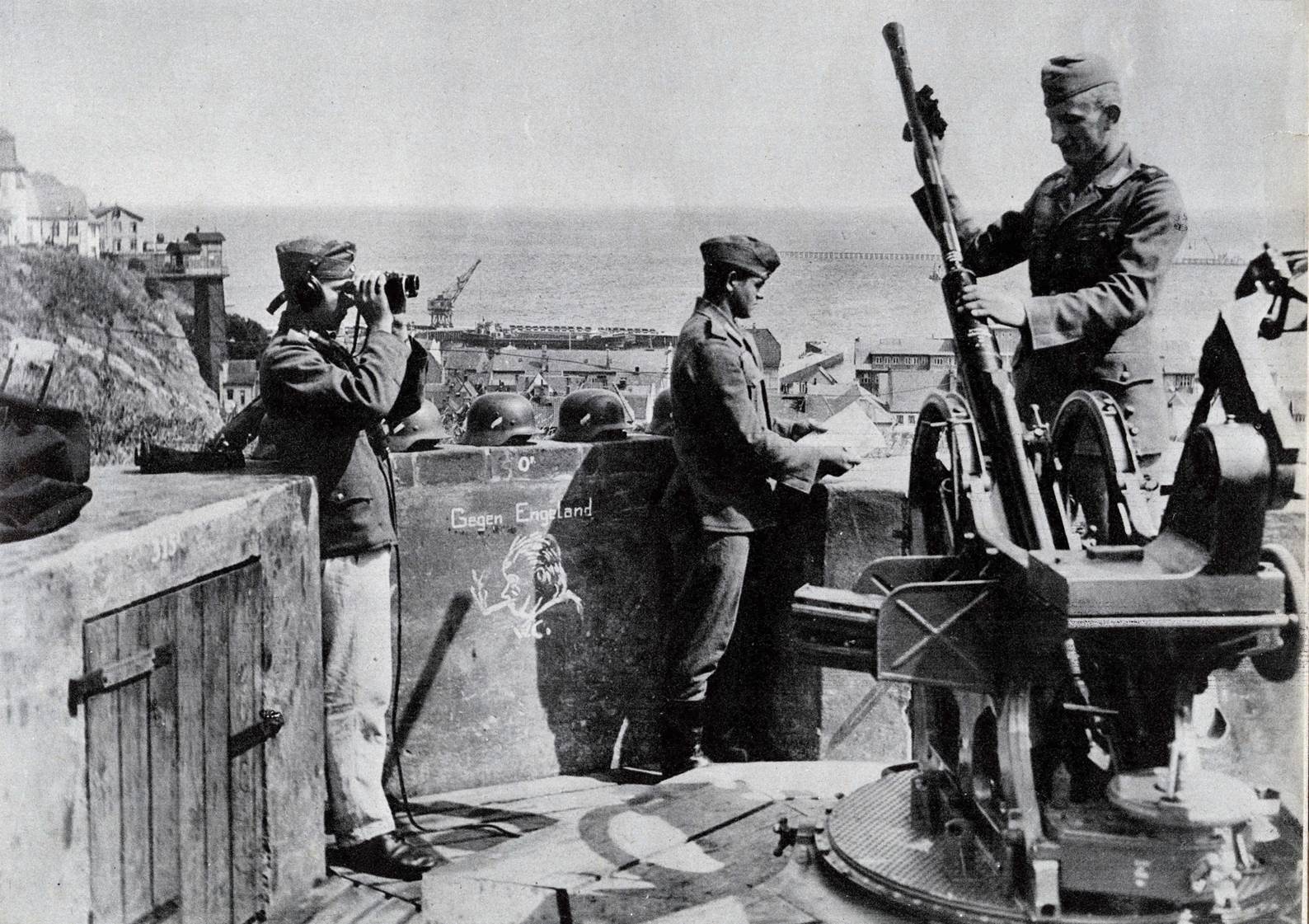
Written by Nigel Perrin.
Paris’s vast underground spaces have long been associated with revolution, resistance and clandestine activity of all kinds. Victor Hugo’s 1862 novel Les Misérables vividly depicted the city’s sewers (a stratum of the city he researched in some detail) as a literal and metaphorical underworld where criminals, fugitives and the dispossessed lurked under the feet of respectable citizens. But it is the 177 miles of interconnecting tunnels and quarries, commonly referred to as the “Catacombs” (despite only a tiny fraction ever being used to accommodate the dead) that have become suffused with a spirit of resistance. Here government troops pursued the revolutionaries of 1848 and the communards of 1871, and the far-Right Comité secret d’action révolutionnaire (better known as La Cagoule) planned to topple the Popular Front government of the 1930s by infiltrating the foundations of the Senate and other government buildings. In August 1944, the underground played a crucial role in a new uprising. From a disused air-raid shelter in Montparnasse, Henri Rol-Tanguy, the Paris chief of the Forces françaises de l’intérieur (FFI, the combined resistance forces operating under de Gaulle’s leadership), fought to liberate Paris from German occupation. His call to Parisians to rally to the barricades and defeat the oppressor held great cultural and historical resonance, while his heroic leadership came to exemplify the ingenuity and resourcefulness of a lightly-armed resistance against a much larger and better-equipped professional army.
Leave a Comment

